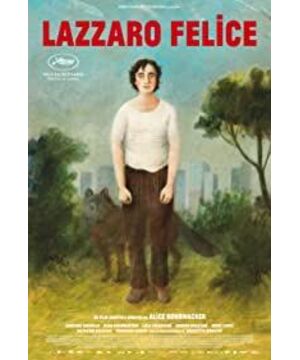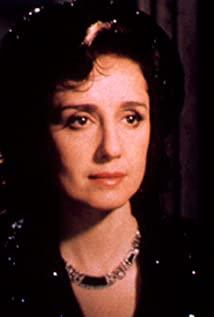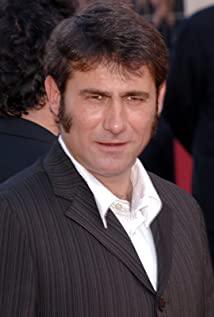When I saw Lazaro standing on the dry river and looking down, I suddenly remembered the archangel of "Under the Berlin Sky", the emotional and descending archangel, "a butterfly that sings in sorrow".
Walking from the countryside to the city, from the midsummer to the cold winter, time has a different effect on everyone, Lazaro is still a teenager, Antonia is in her prime, and Don Credi is frost and gray, the strings of time and space It is the years and passions that have passed in my heart that have nothing to do with physical time.
But this is not a film about social issues about the urban-rural binary opposition, nor is it an ideological film that explores the oppression of the rich and the poor. The state of the character, the state of the environment. Except for Lazaro's search motivation, all other factors do not have complete self-consciousness. Changes come from external forces, and the characters are forced to change or even live with the flow.
In Lorwacher's lens, the environment you see is always desolate and broken, and the world has never shown its beauty; and people, in fact, are just busy living and dying, fluctuating with the times. Their unhappiness comes from the life in front of them, but it is only a complaint. In fact, to a certain extent, whether it is a tenant farmer or a son-in-law, whether they are oppressed or the family is in trouble, they are self-sufficient and have their own place.
That's why Lazaro seems so clear, because the pace of the film is "light", not intended to show the weight of suffering, but the merciless time, the aroma of coffee in the shepherd's pot, the sacred music floating in the sky, or , rubbing the ears of lovers in the tobacco bushes.
View more about Happy as Lazzaro reviews









